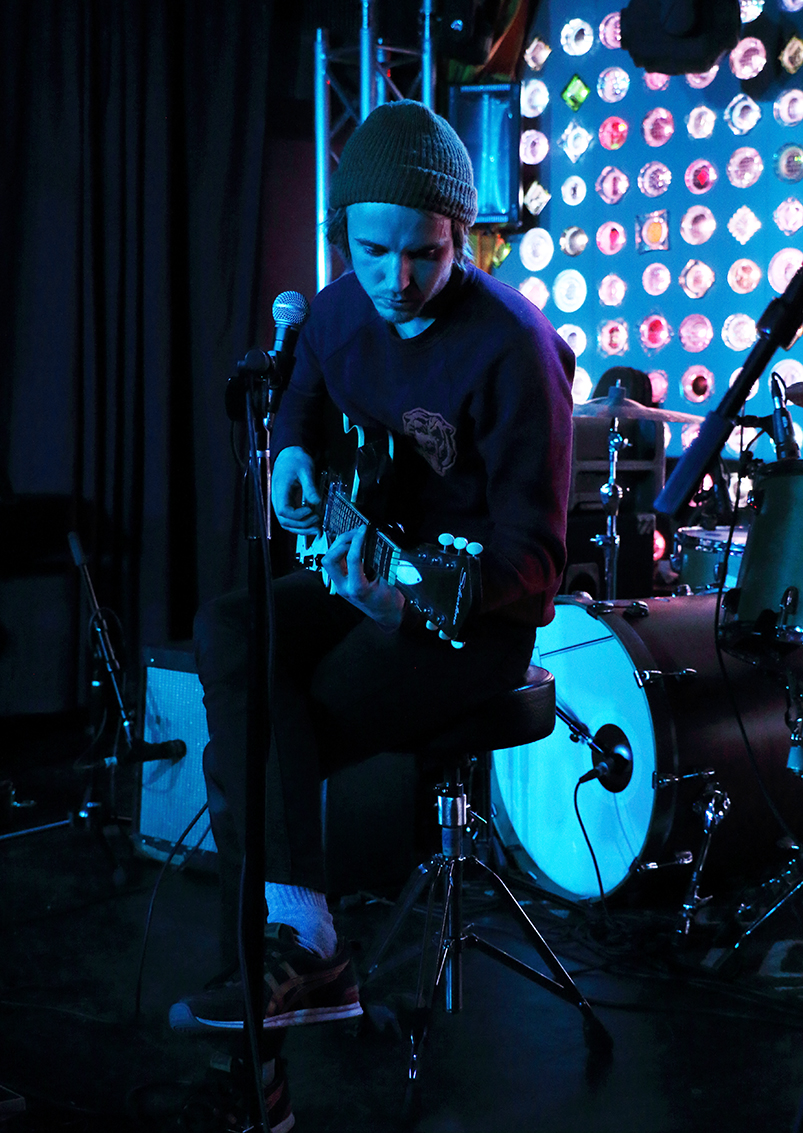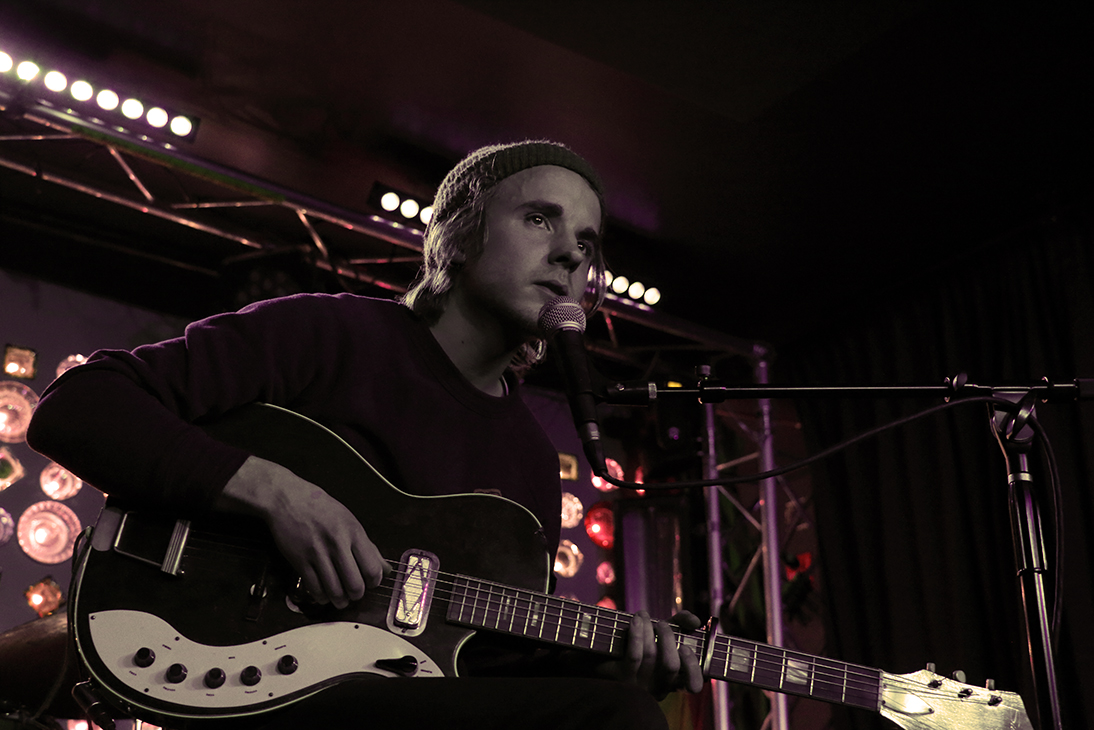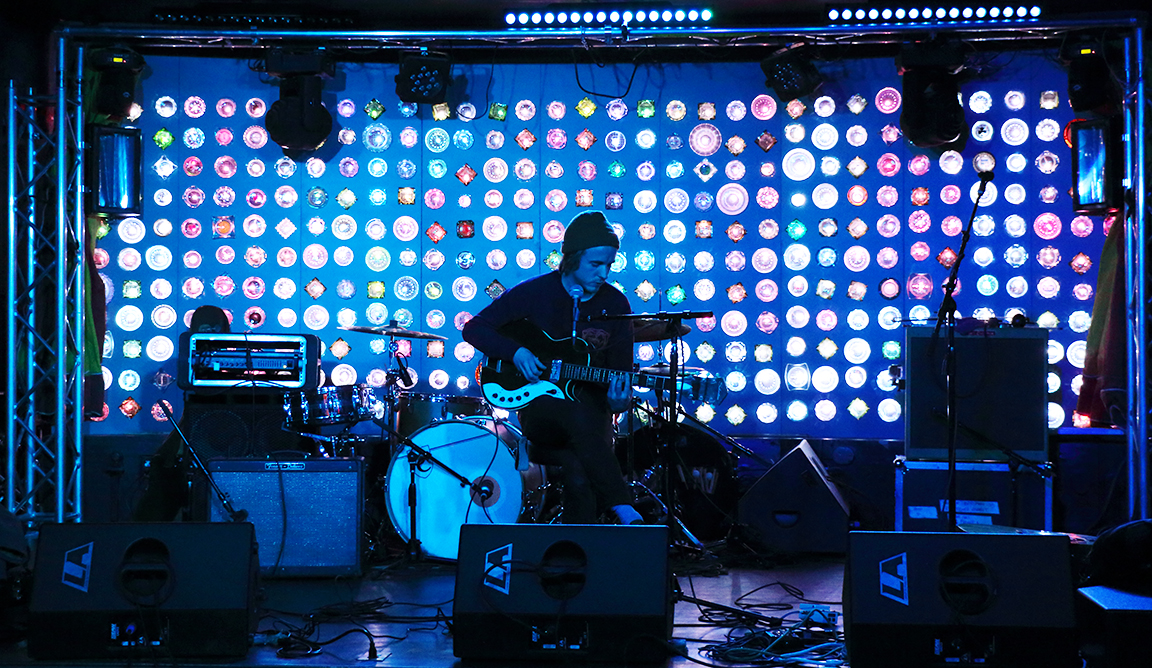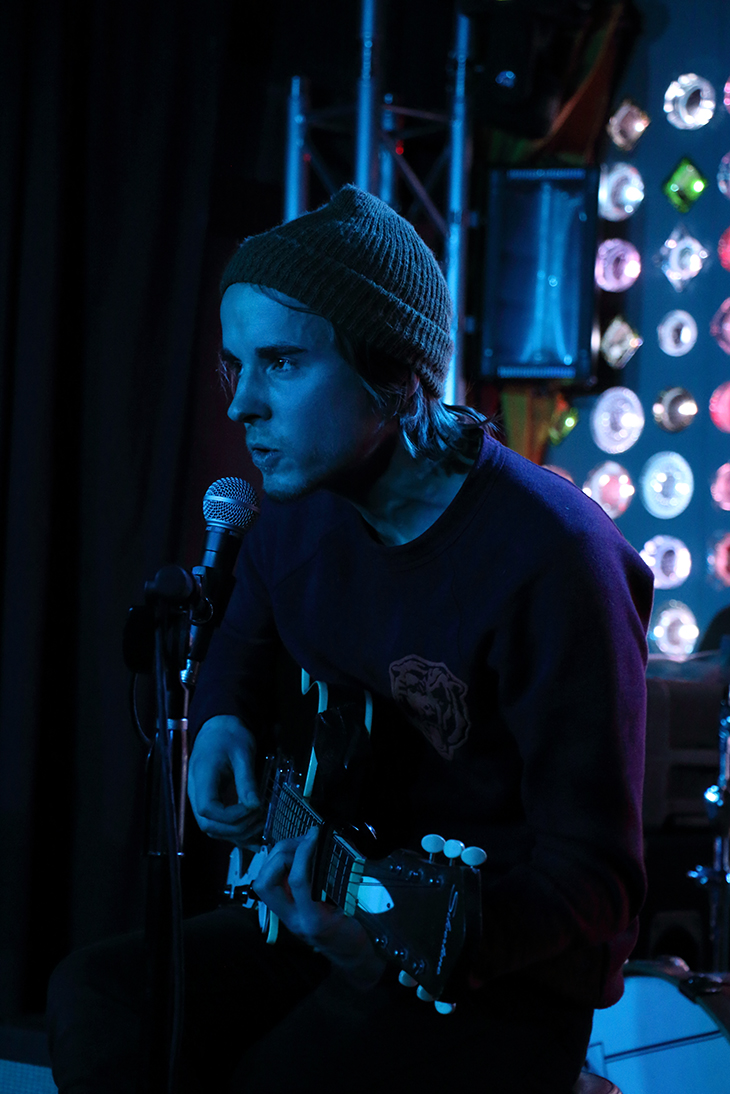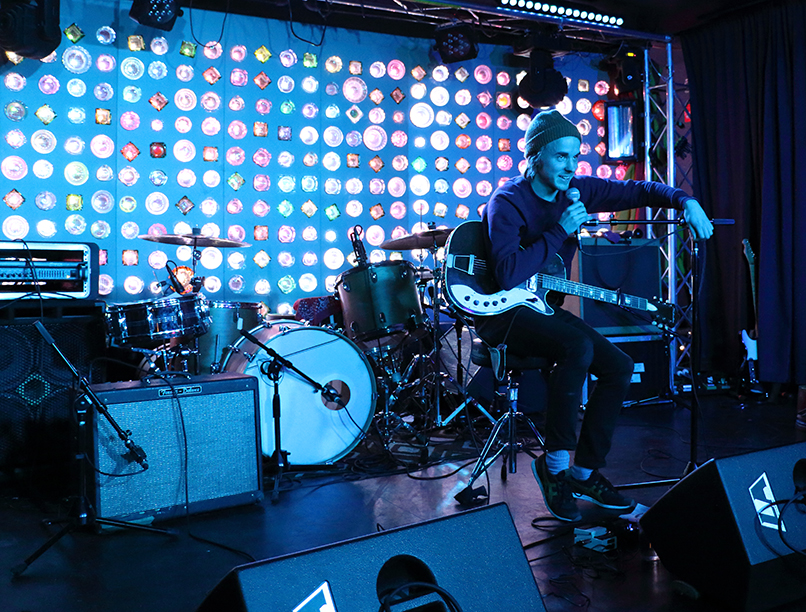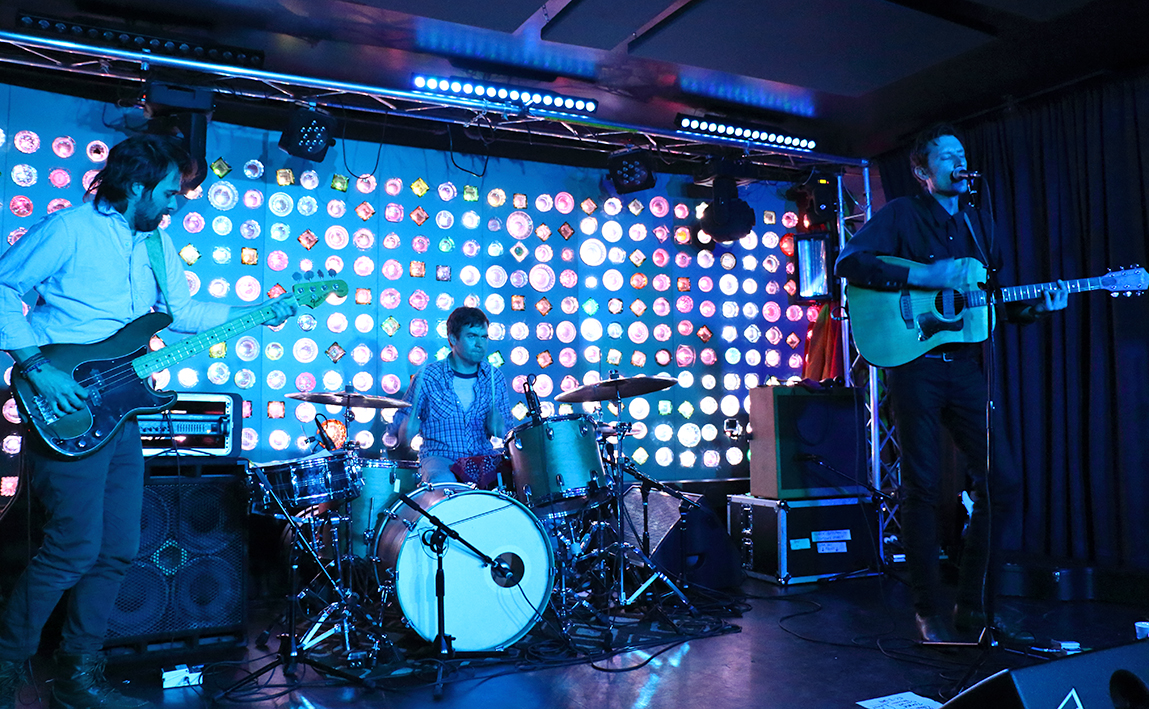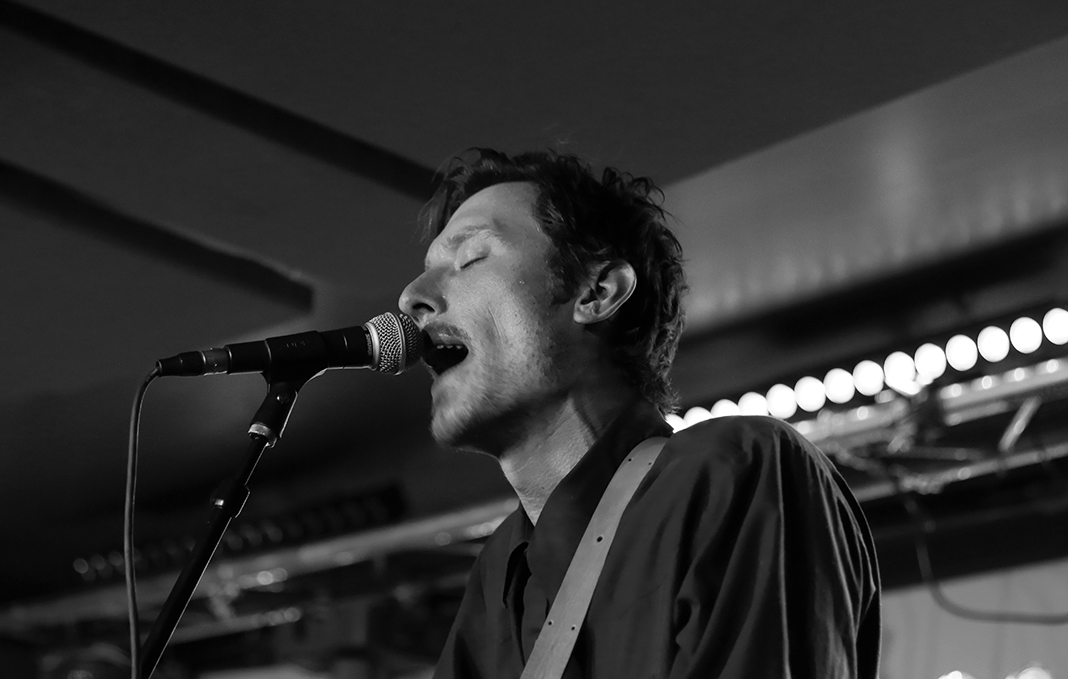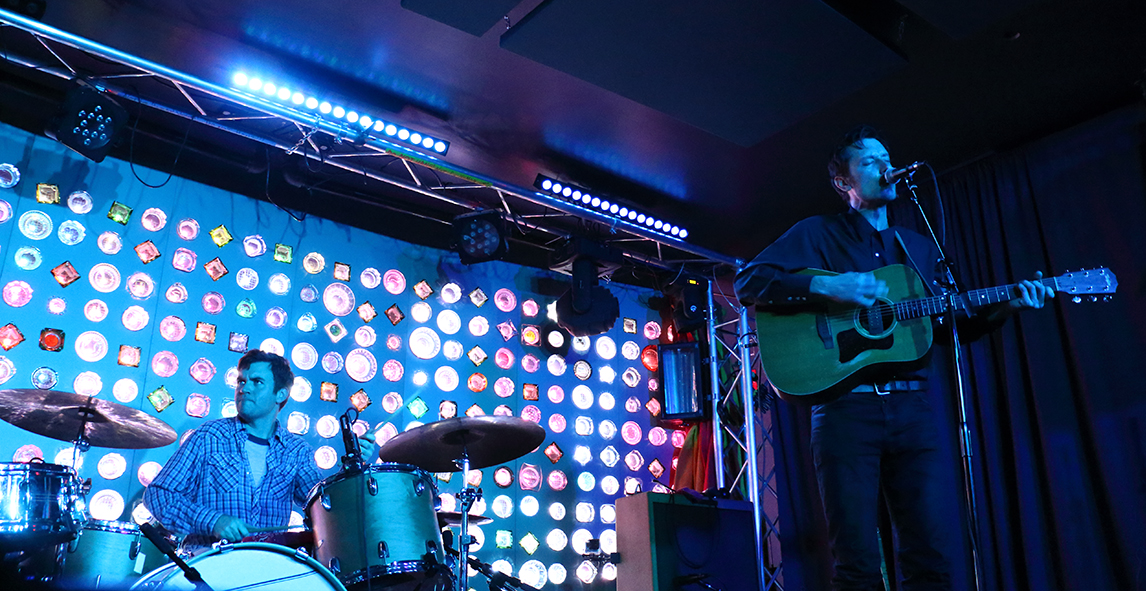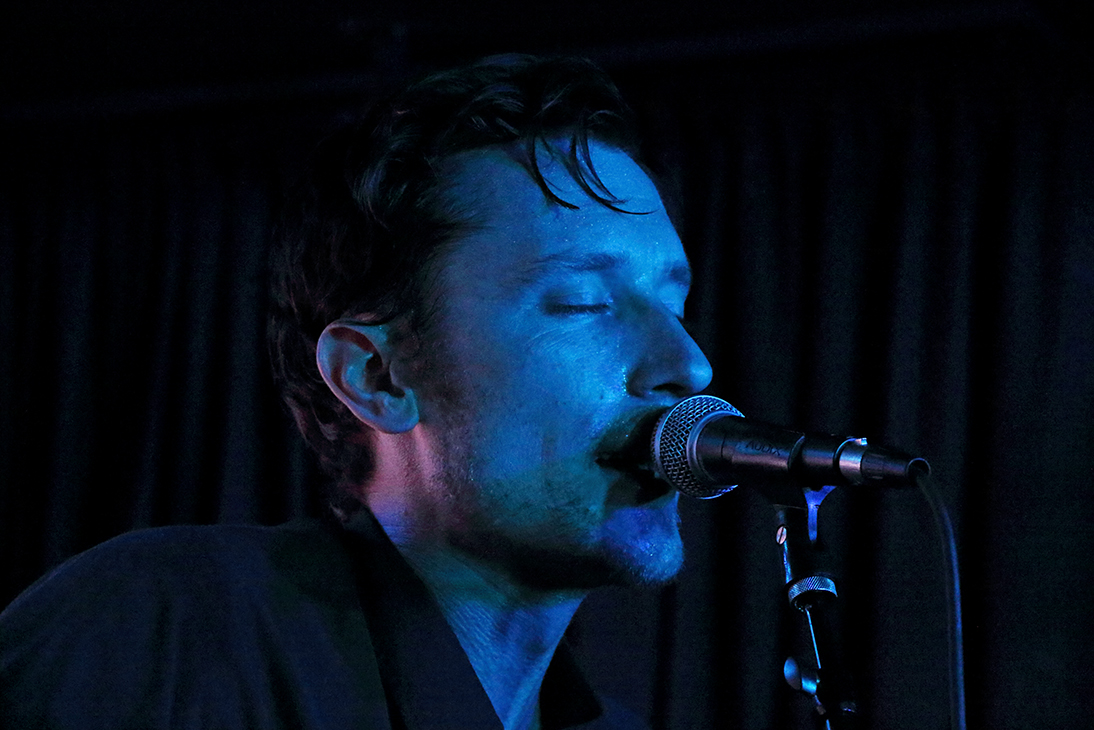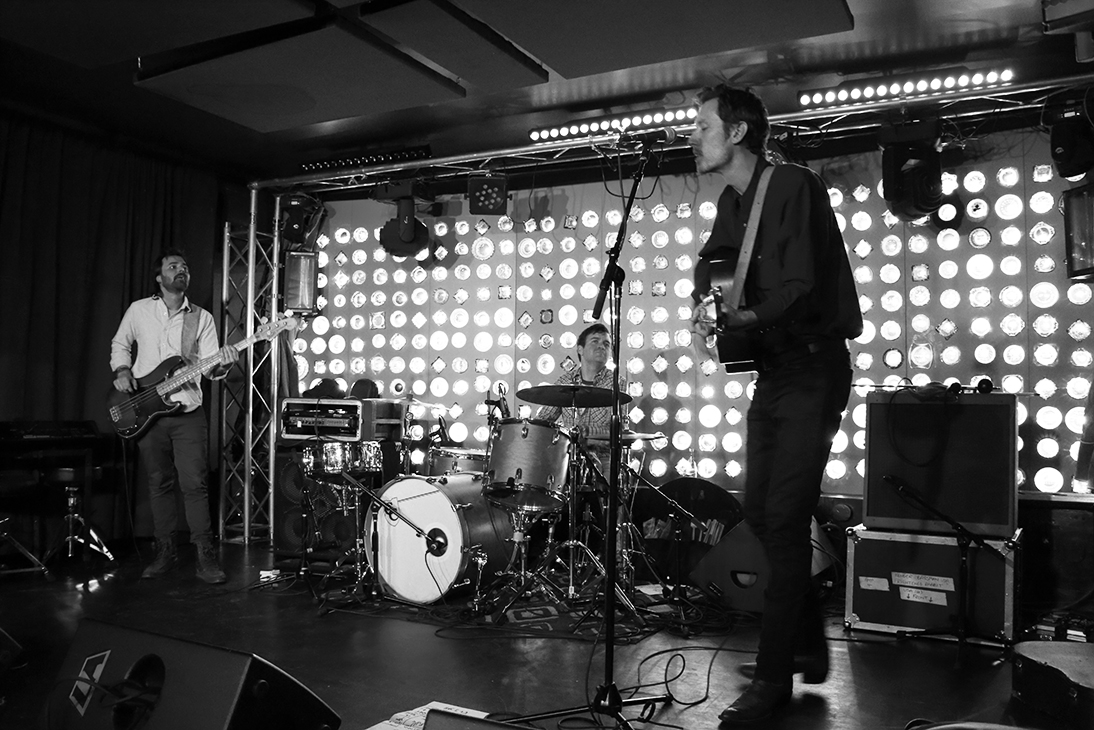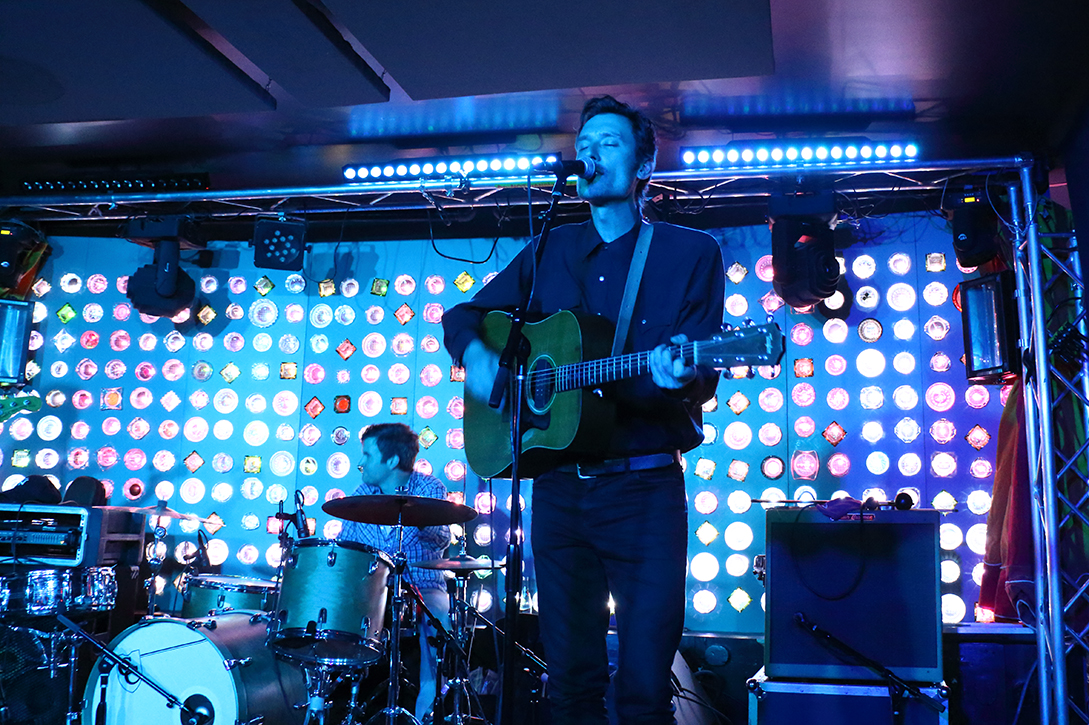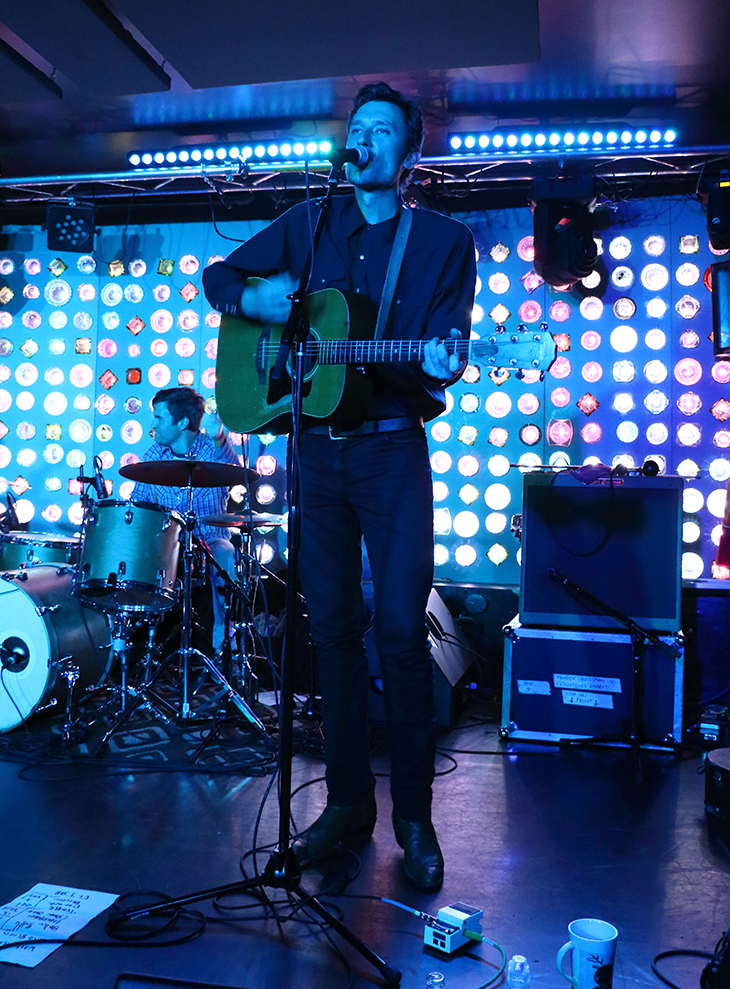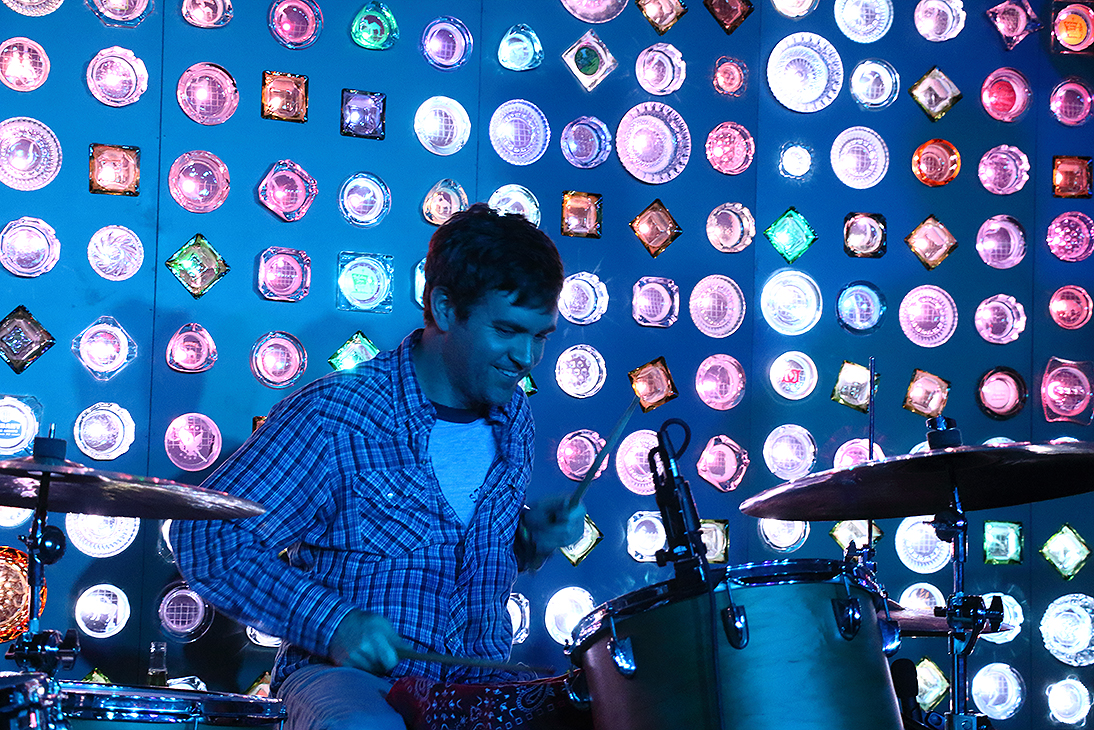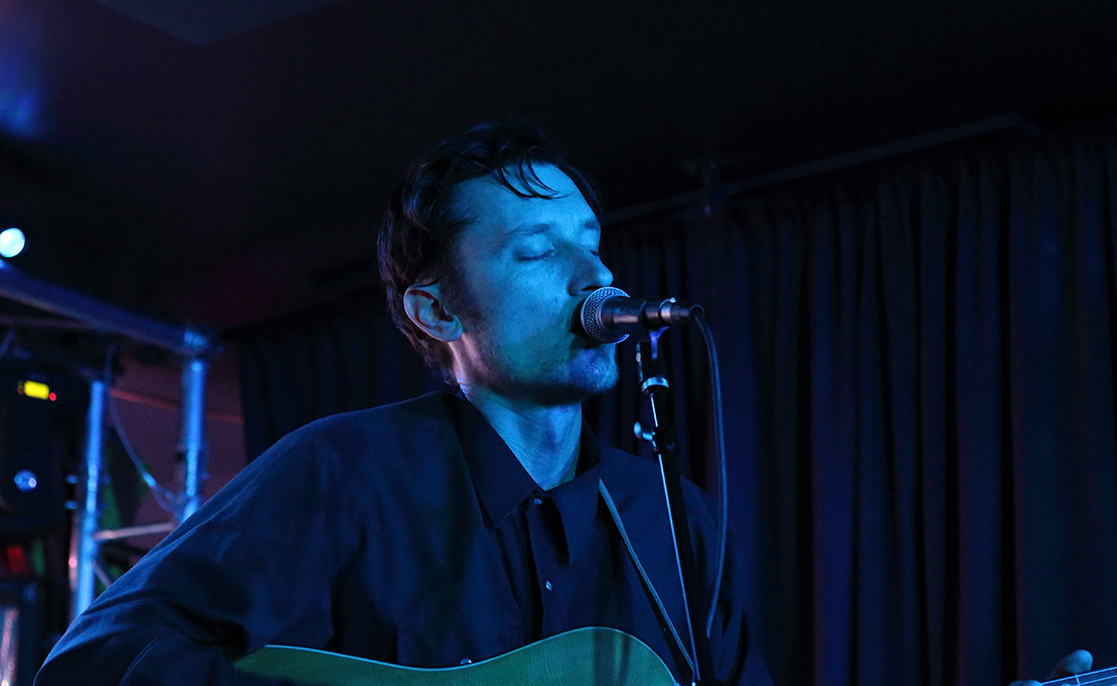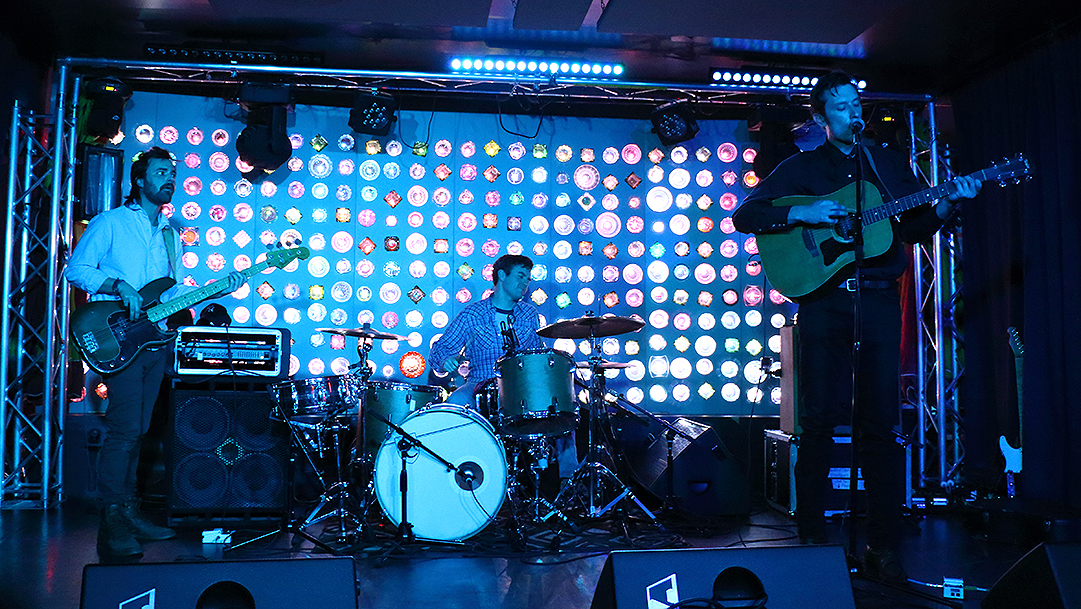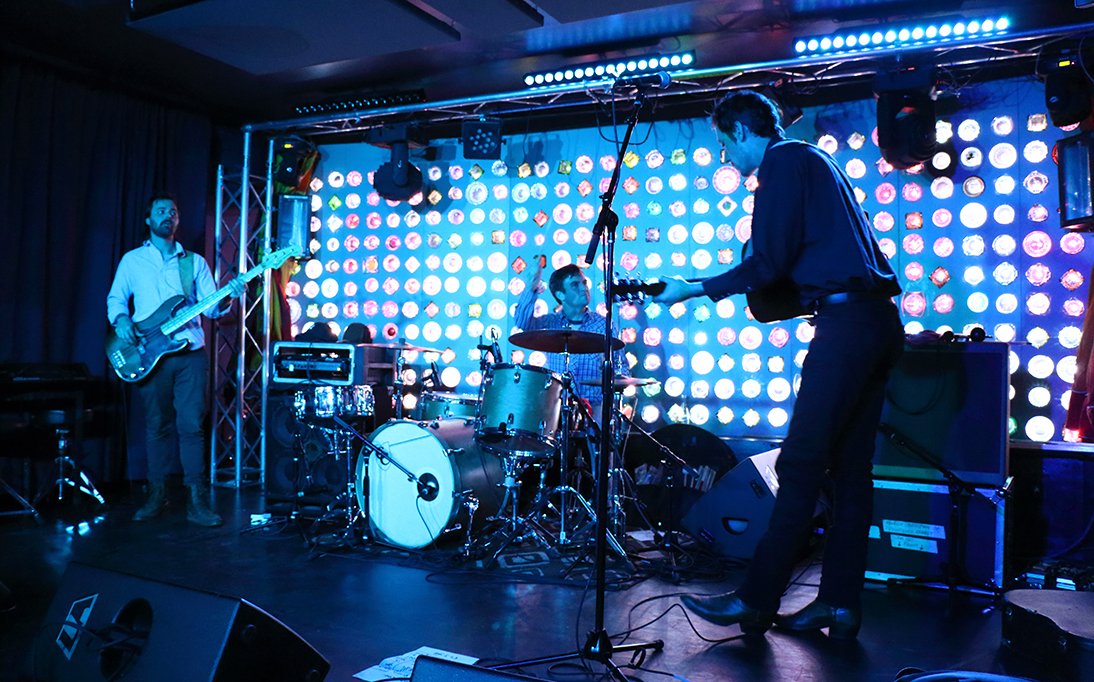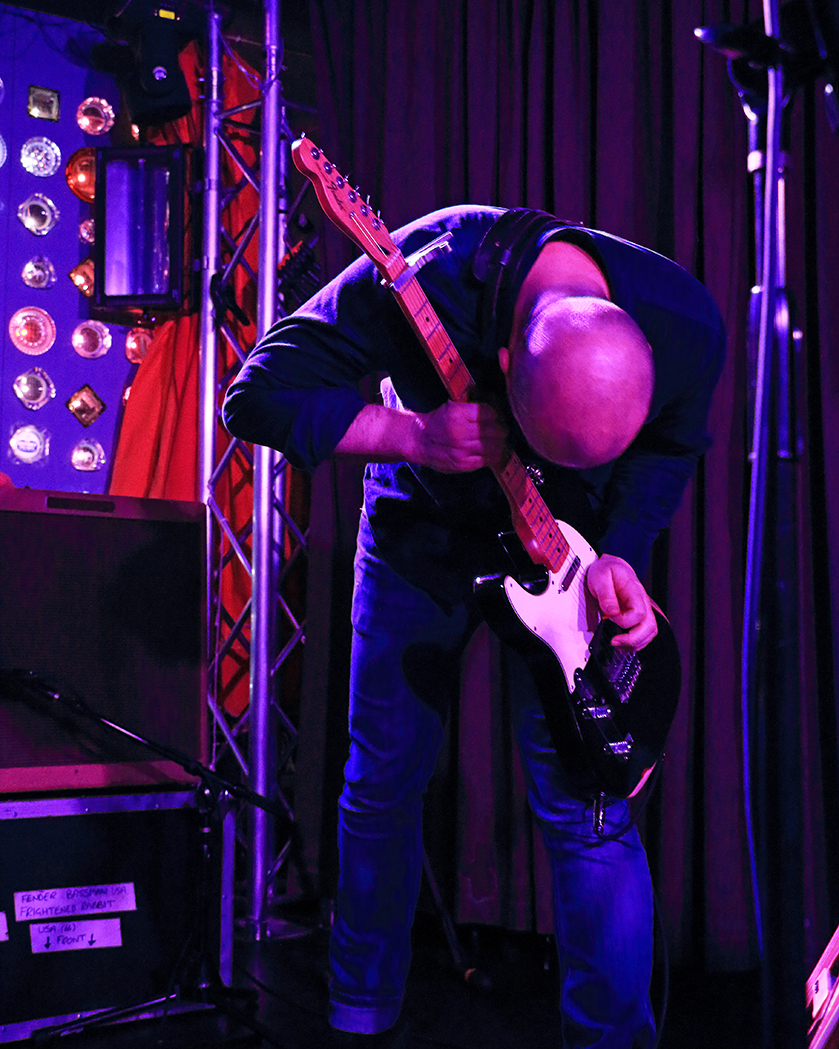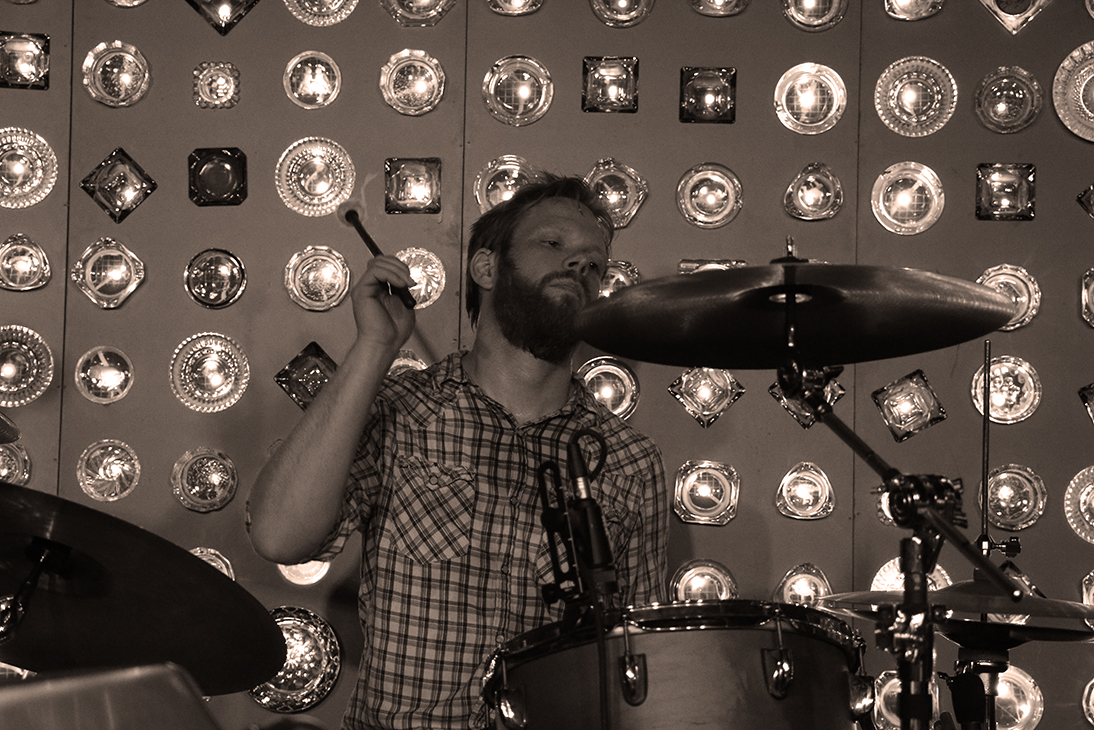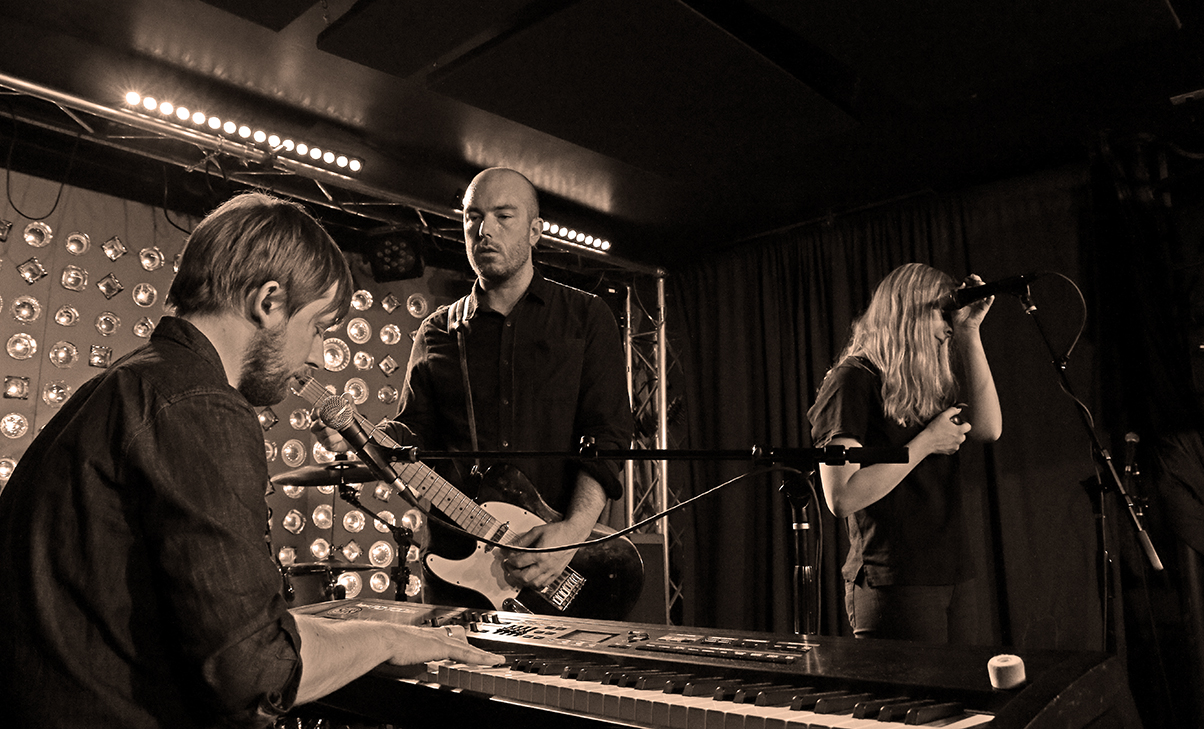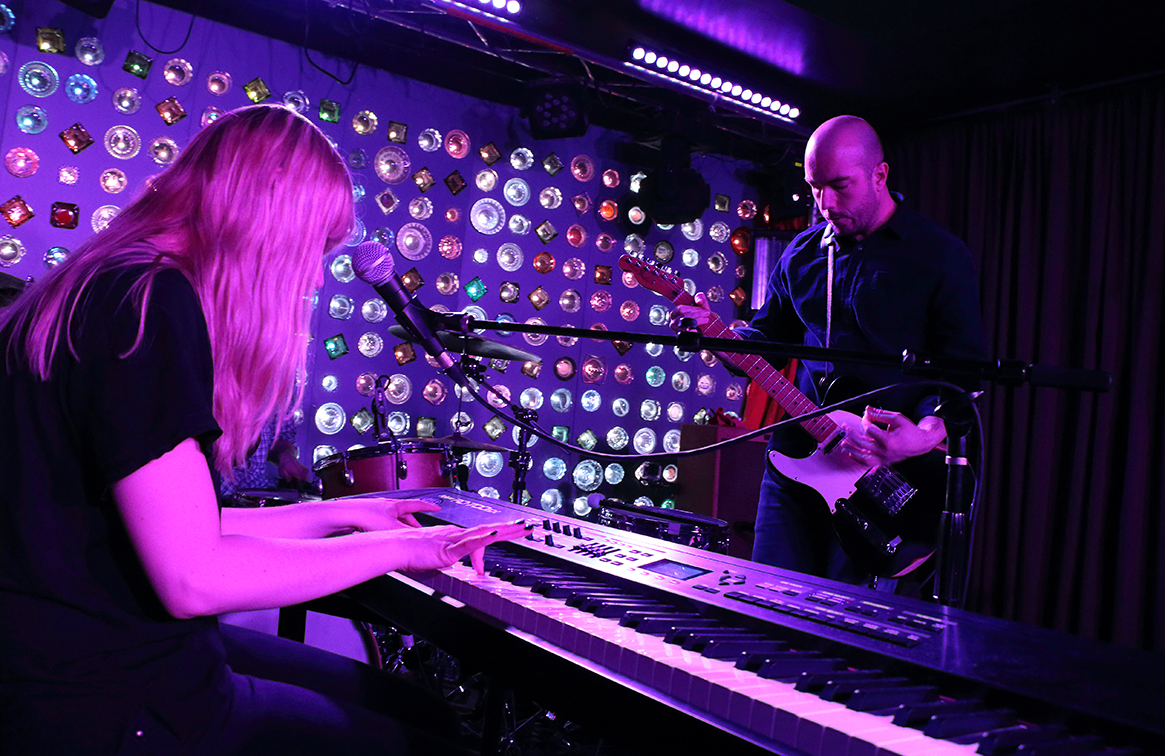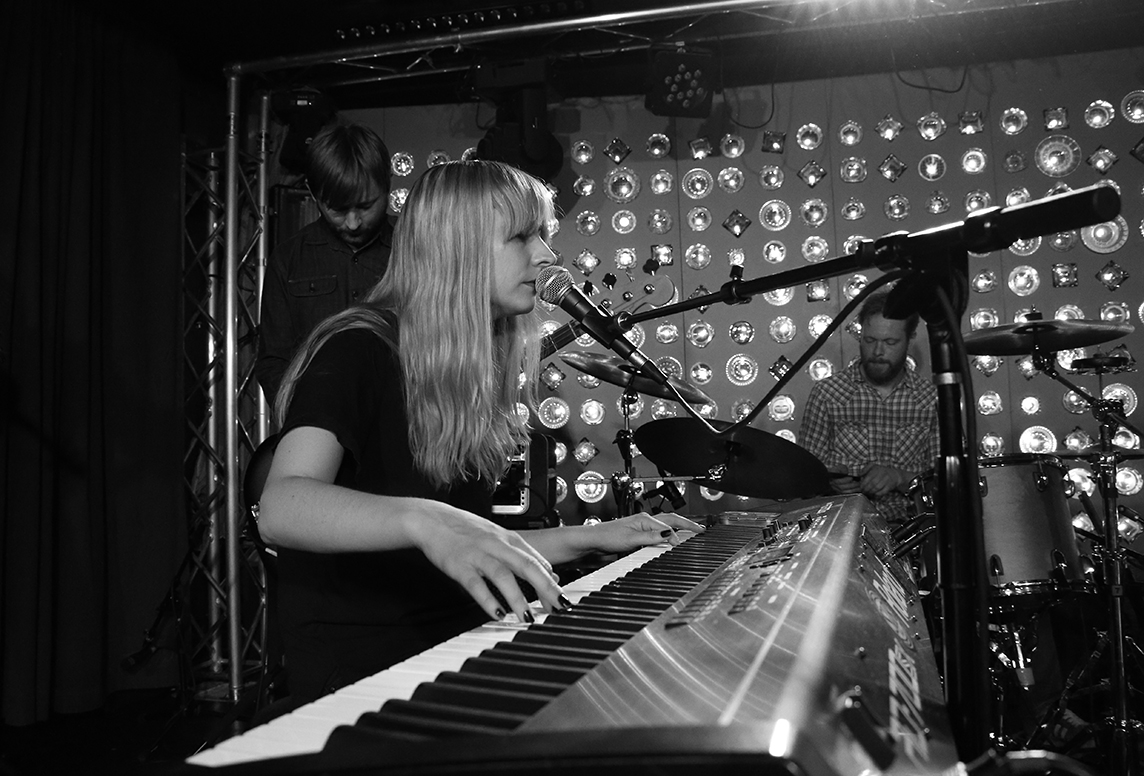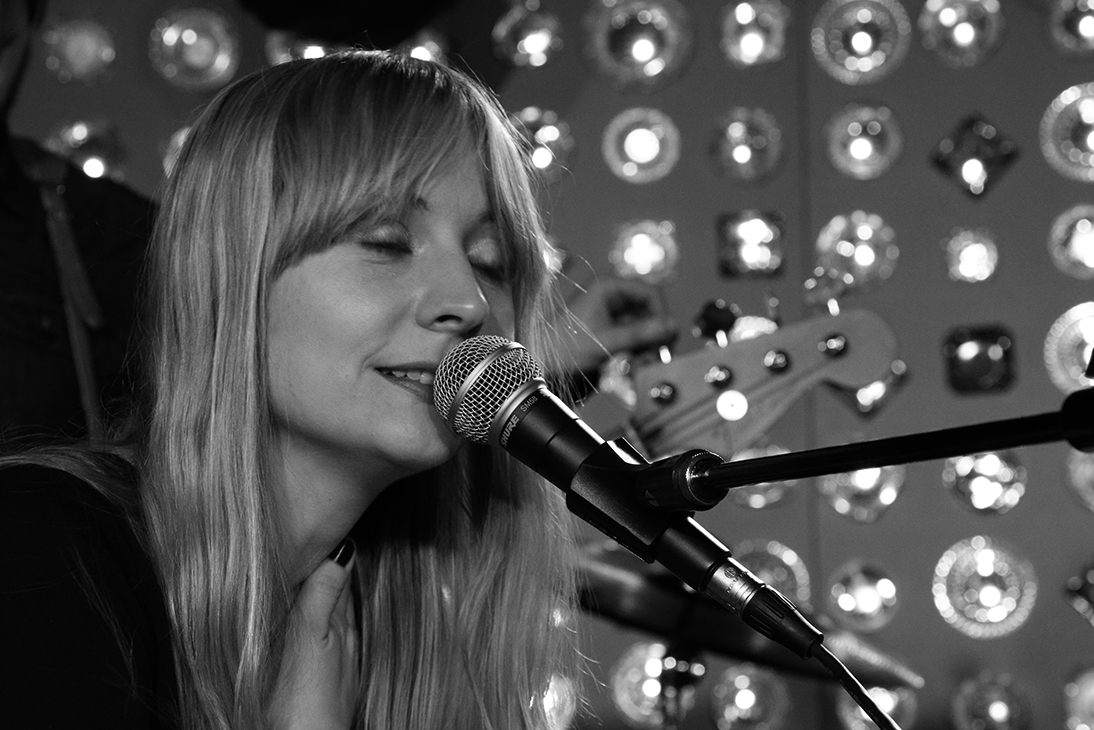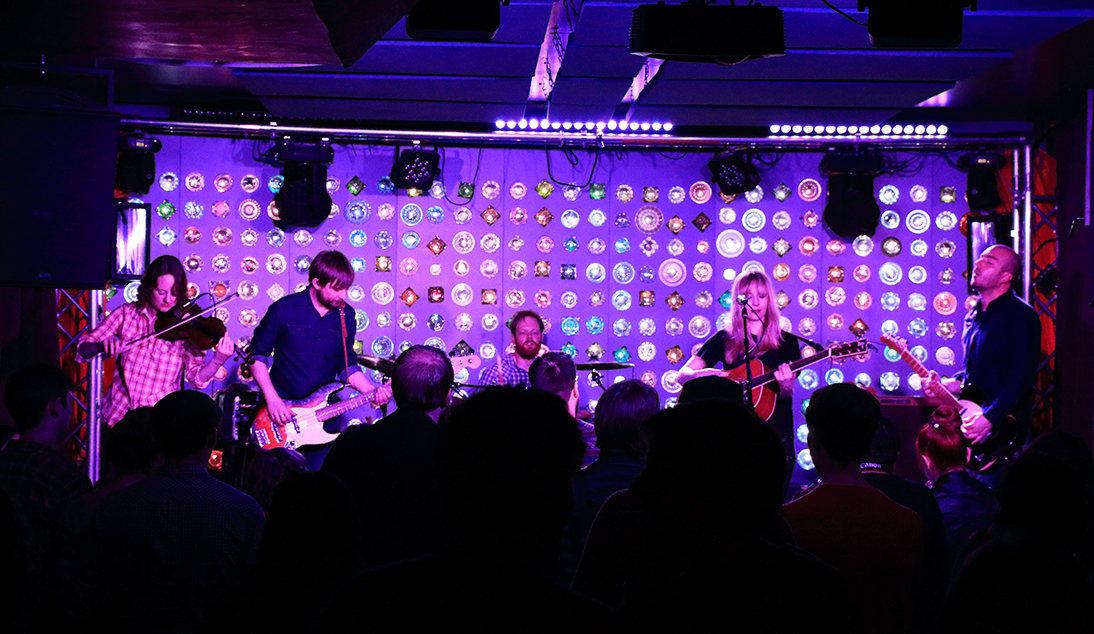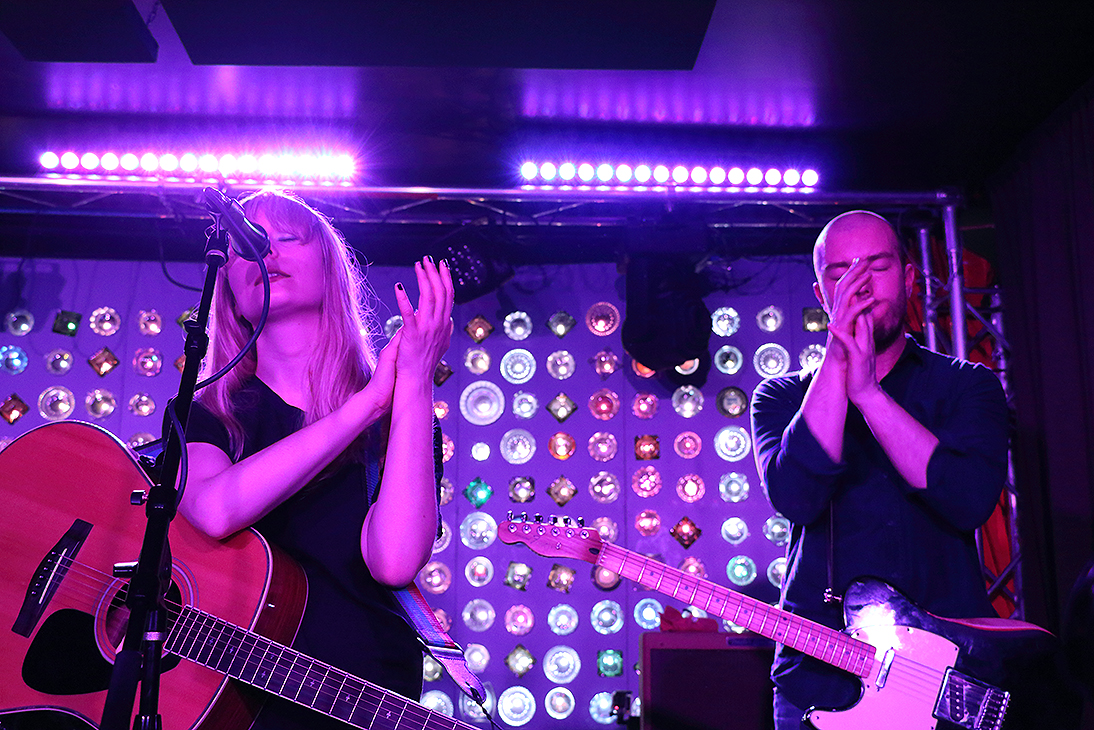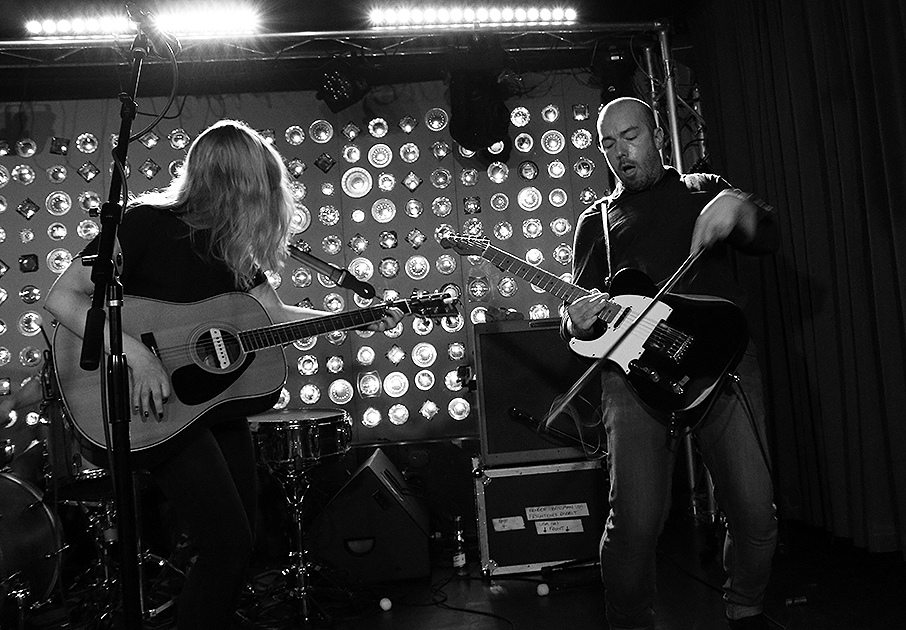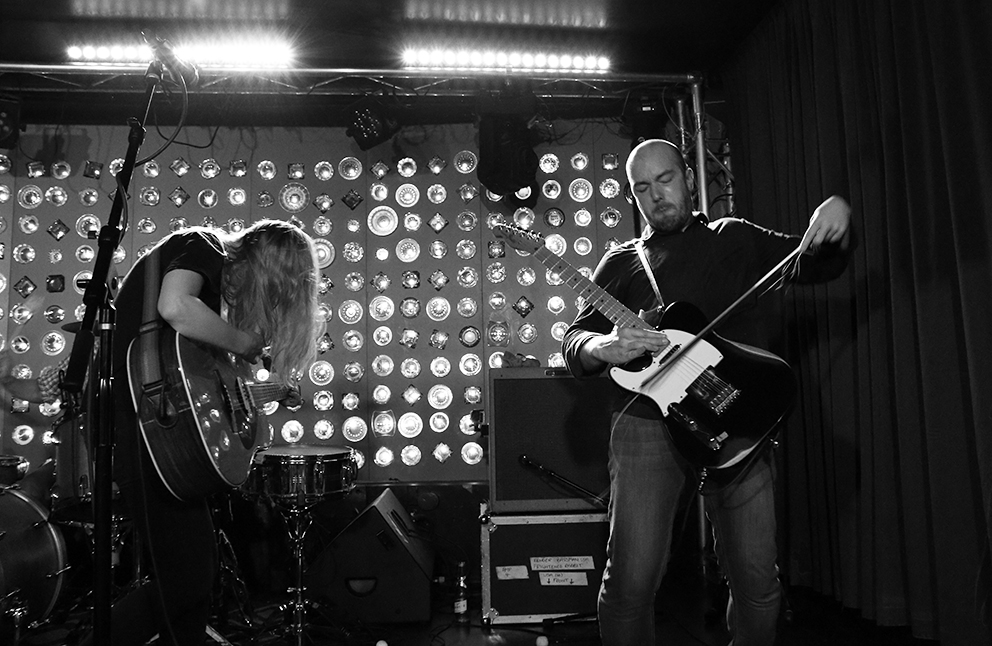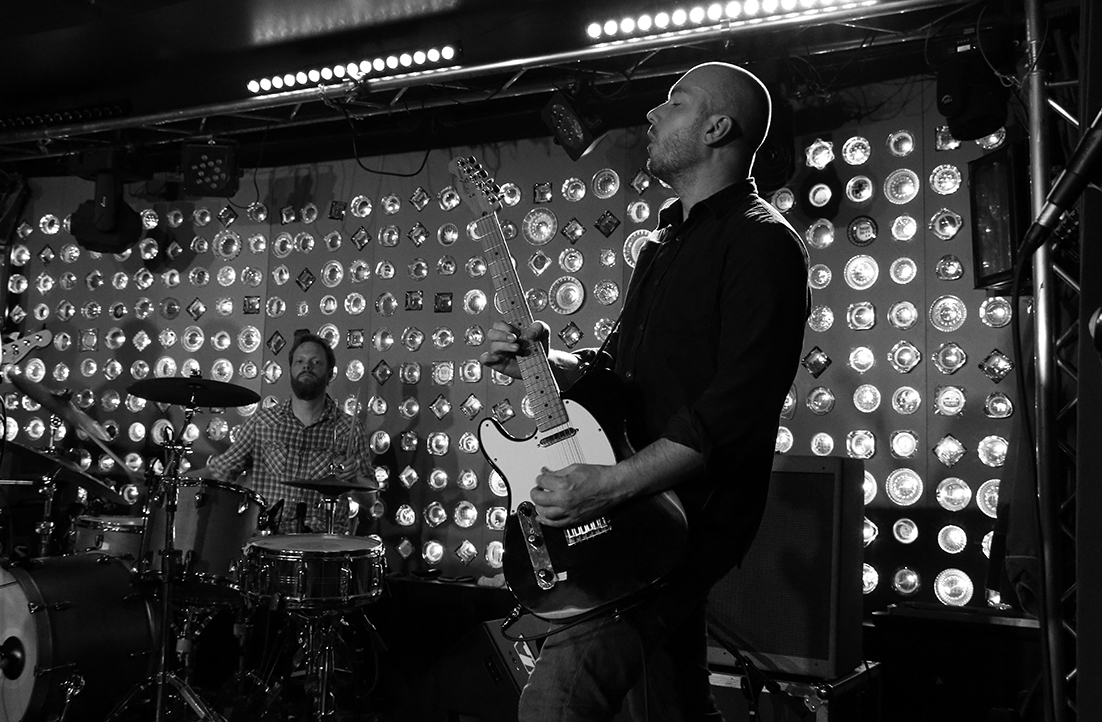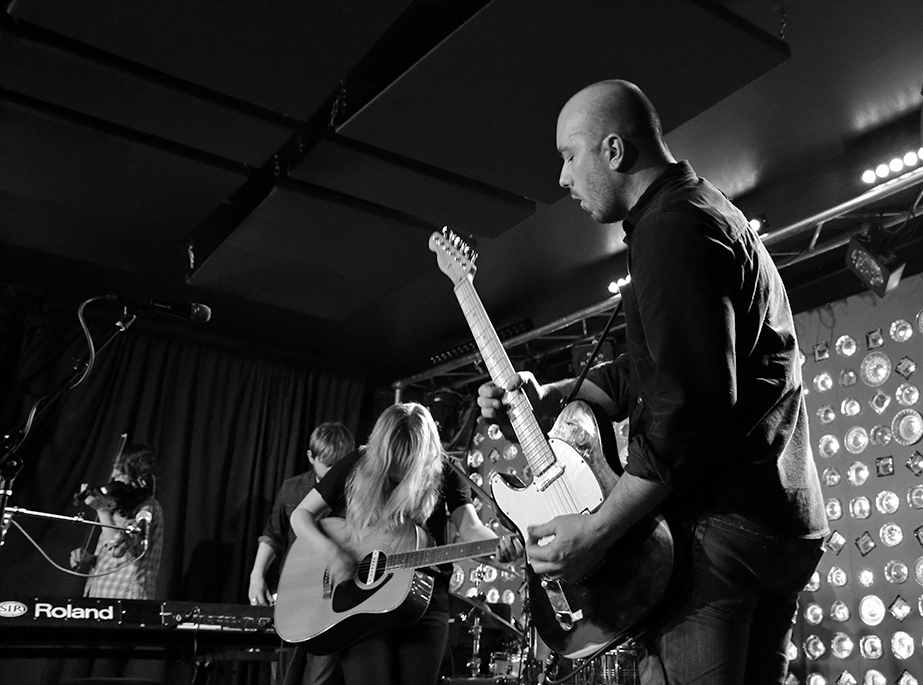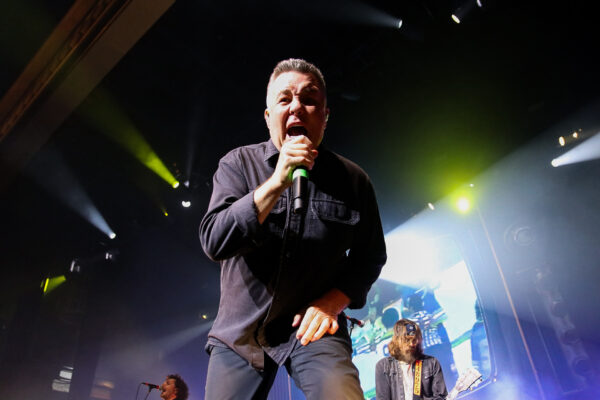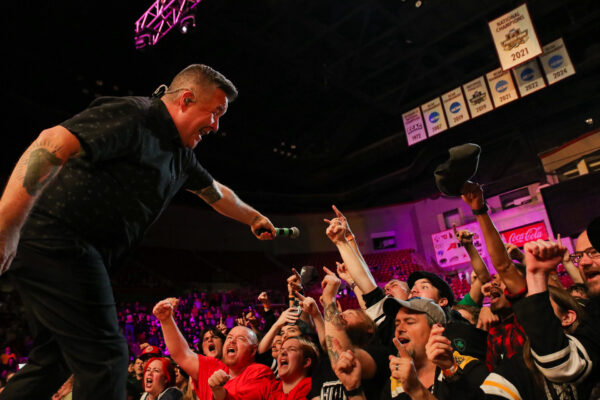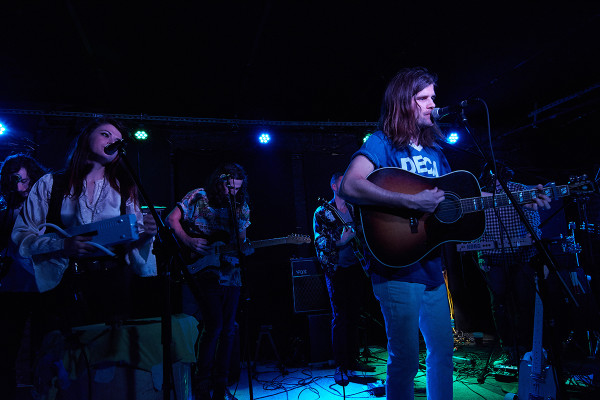On Feb. 7, British alternative rockers Lantern on the Lake performed the penultimate show of their North American tour. The band performed at Brooklyn’s Baby’s All Right, with support from Canadian singer-songwriter Andy Shauf and Jesse Woods, a Texas-based guitarist and vocalist backed by a strong rhythm section.
The 8-show tour, which ended on Feb. 8 with a show at U Street in Washington, D.C., marked Lantern on the Lake’s official arrival on this side of the Atlantic.
Shauf and Woods presented different pieces of North American music and culture, easing Lantern on the Lake’s arrival in the east coast art scene.
Shauf performed a stripped set, relying on vocals and one guitar to express the different thoughts, ideas, and plotlines that drive his songs.
He showcased his dynamic voice, playing with different registers while performing songs like “Hometown Hero” and “Wendell Walker.” His quiet confidence on the guitar balanced those different vocal moods. His guitar evoked the eerie devil-weary, open-tuned compositions of Robert Johnson and John Lee Hooker; his voice recalled the acoustic moans of Jeff Buckley and Layne Staley.
Shauf’s lyrics, moreover, related stories like the blues, grunge, and alternative vocalist and lyricists before him.
He envisioned the devil as a lonely, grieving lover who passes the time “staring at the white walls/that he placed” in “The Devil.” He then built a vivid world in “Wendell Walker,” a haunting, 8-minute alternative-blues rocker that wrestles with religion, silent homes, and miscommunication.
Shauf performed these tracks during his 15-minute set. He also humored the crowd, encouraging requests and questions from the audience at Baby’s All Right.
The crowd obliged, injecting humor into Shauf’s acoustic rendition off his catalogue, which included tracks off his 2012 LP, The Bearer of Bad News.
Woods followed on this note, promoting his most recent record, Get Your Burdens Lifted (2013).
He structured his performance just like his records: on a clash of different genres and styles. His voice resembles a combination of Ryan Bingham’s aching drone, Robert Francis’ sweet baritone, and Jerry Garcia’s playfulness. His compositions, like his voice, strike a balance between traditional country and alternative country music.
His words, too, play with different mixes. On “Walk Along Cattle Drives,” Woods assures his listeners that they can get “a hitch on [his] hike” before determining that, “The energy hits the hardest/In the morning darkness.” He acknowledges the frailty and wonders of youth on “Danger in the Dancehall,” singing, “I’m young/And off the reservation.”
Woods reimagined this—as well as other tracks off of Get Your Burdens Lifted—without string arrangements during his Brooklyn performance. He also stripped his songs of any electric guitars, showcasing his Texas roots with one acoustic guitar.
Lanterns on the Lake, however, switched gears and upped the dynamics with a full band that included one violin, acoustic and electric guitars, a full rhythm section, and keyboard.
The band, which hails from Newcastle, England, performed tracks from their most recent record, Until the Colours Run, which was released last month to critical acclaim. The band’s live performance backed this acclaim and also showcased just why the band has held its own at English festivals, including Bestival and Glastonbury.
Vocalist and multi-instrumentalist, Hazel Wilde, used her delicate yet powerful vocals to express political and social ills during the performance of tracks like “Elodie” and “Another Tale From Another English Town.” Guitarist Paul Gregory injected the performance with both enigma and passion, switching between a violin bow and hand to the guitar.
The band also emphasized their unique interpretation of rhythm and string arrangements. The string section created between violinist Sarah Kemp and Gregory merged the classical with the modern, the Romantic with the rock. At times, Gregory abandoned his guitar all together and lent his hands to the hi-hat and tom toms. Bassist Andrew Scrogham also played the keyboard at times, purposefully playing with the rhythm section’s stability.
Lantern on the Lake’s best moment was during a performance of “Not Going Back to the Harbour.” The song recalls the band’s terrifying and liberating decision to become full-time musicians. Near the conclusion of the performance, the band stepped back from the microphones. The audience continued the performance, singing the words back at Lantern on the Lake.
The moment was gratifying, showcasing a perfect mix between performer and listener and proving just why Lantern on the Lake should never go back to the harbor.
Article by Pam Segura
Photos by Shayne Hanley
Andy Sauf
Jesse Woods

